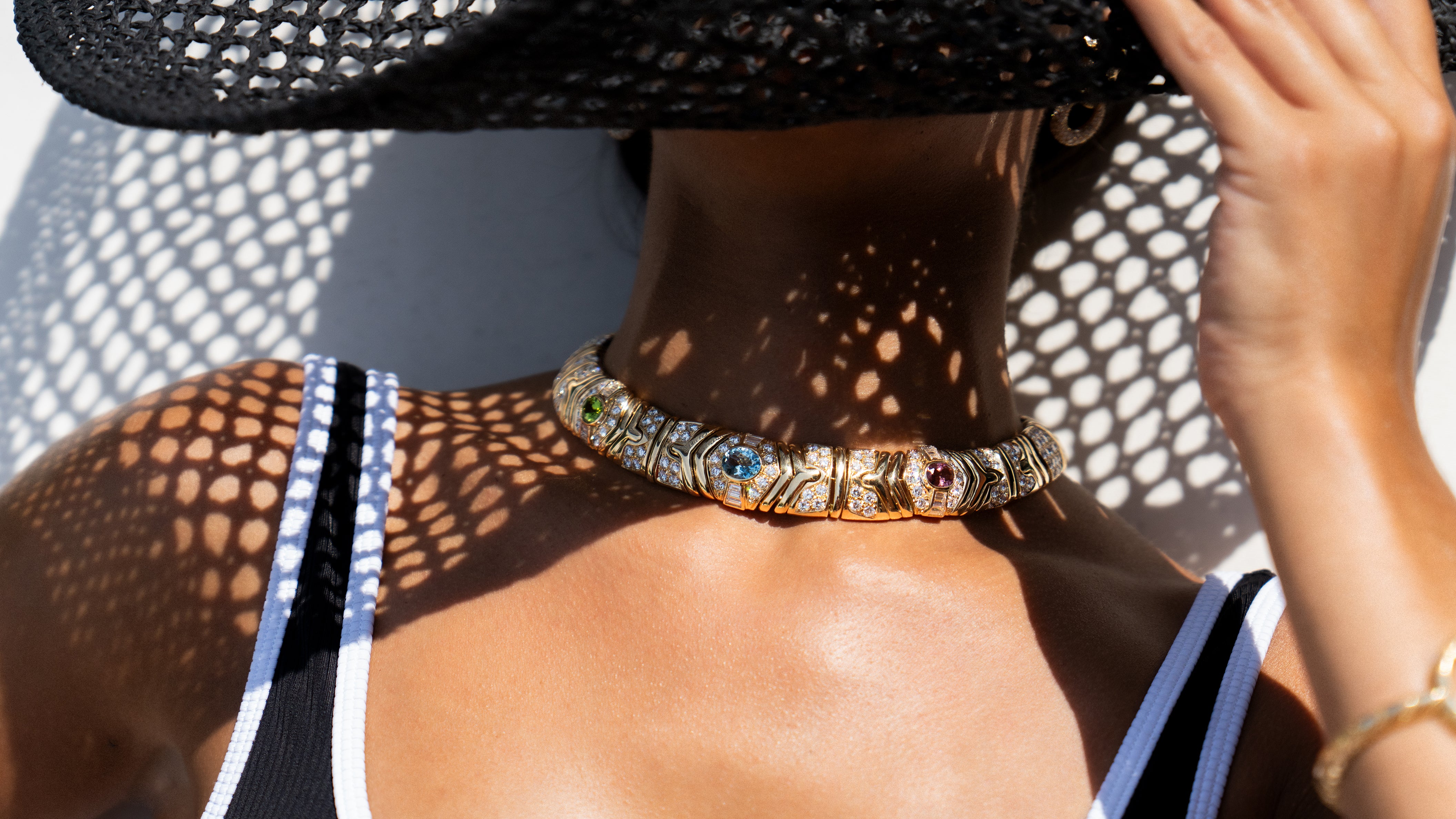Citrine
Sunny Hues

Citrine is the yellow to orange variety of the mineral quartz, its golden hues are caused by the trace element iron. Depending on the intensity of heat during development, a quartz crystal will become either amethyst or citrine since they are similar in nature.
The most valued coloring of citrine is a saturated reddish-orange called Madeira citrine, named after a Portuguese wine of the same hue.
Citrine quartz is typically mined in South America, specifically Brazil and Uruguay.

The Joy of Citrine
It's name is derived from old French 'citron' to mean citrus, an ode to it's incredibly sunny body color, thought to bring happiness to its wearer.
This jewel has long been revered for its honeyed hues and can be seen in Greek/Roman artifacts and writings. Even early Chinese lore speaks of citrine as a "stone of success", thought to bring good fortune and profit to business owners. This school of thought was also adopted by the Western world who coined it as the merchant's stone.
Citrine is celebrated as November's birthstone and is the traditional gemstone to gift for the thirteenth wedding anniversary.

Citrine in Jewelry
This quartz mineral often grows in abundance as substantial eye-clean crystals. Cutters have the opportunity to fashion citrine as large faceted gemstones with deep pavilions to aid in color saturation as well as smaller accent stones. Often jewelers will take advantage of the varied colors of citrine and utilize it to induce ombre gradient into a design.
Care
Citrine is a hard durable stone that can be cleaned with a soft brush in warm soapy water or wiped clean with a soft cloth. When stored, it should be wrapped to prevent it from scratching softer stones or it being scratched by harder stones such as diamond and sapphire. Avoid harsh chemicals when wearing this stone or any kind of jewelry.
